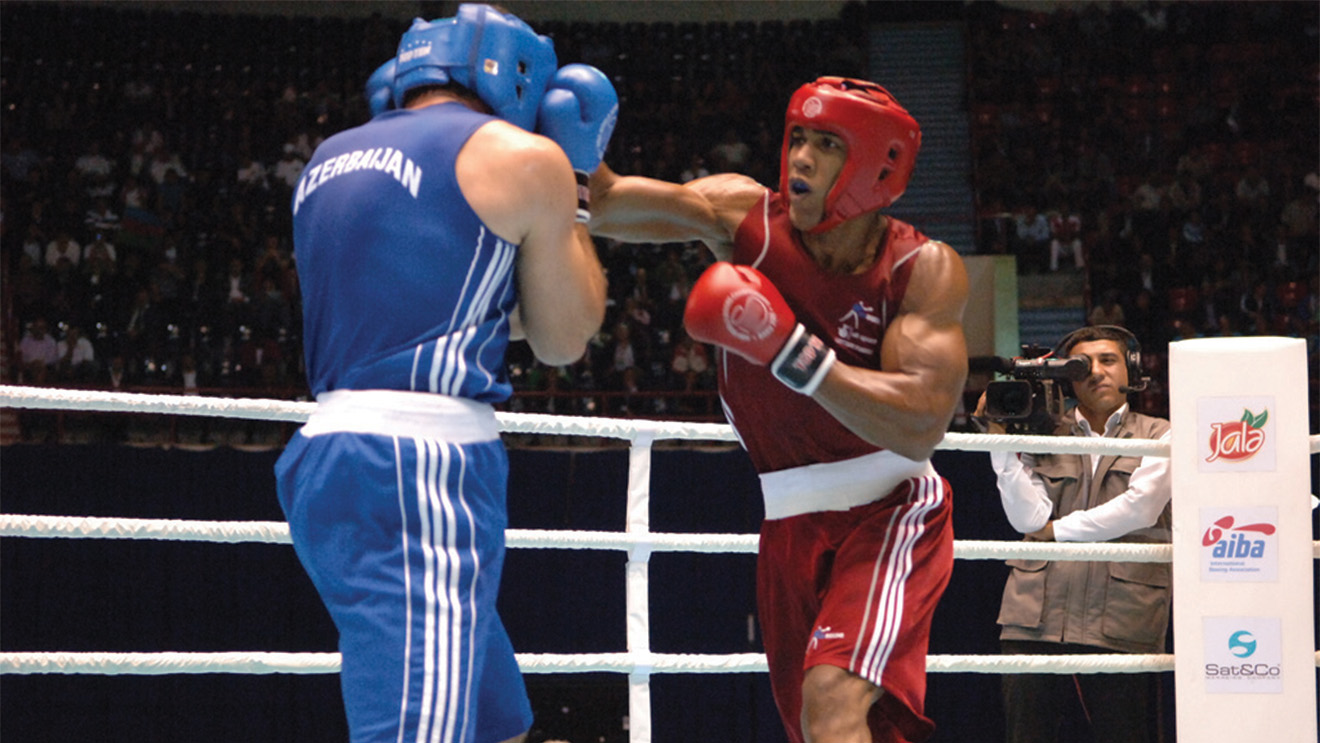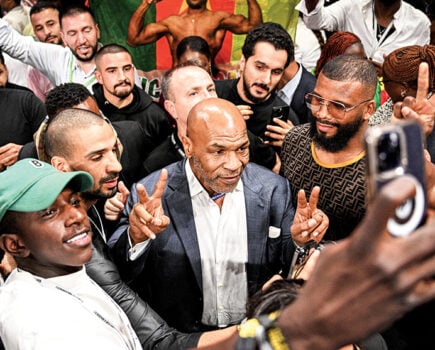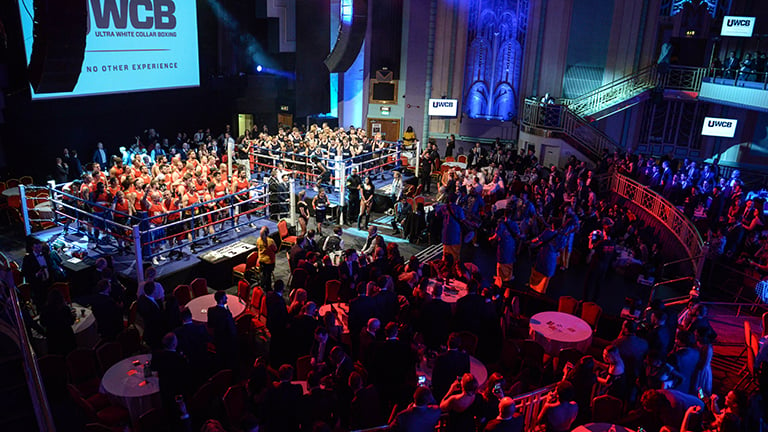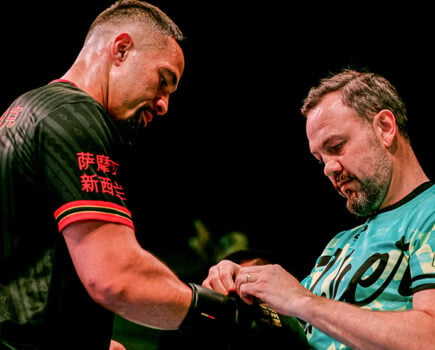NOBODY spares a thought for Mahammadrasul Majidov. For almost eight years the man from Azerbaijan had proudly carried the accolade of being the last man to beat Anthony Joshua. Until that is Andy Ruiz bowled into Madison Square Garden in June and rumbled into the former unified champion to seize the IBF, WBA and WBO world titles.
Majidov and Joshua crossed paths all the way back in October 2011, long before the Watford man was the celebrated Olympic and world champion he became. The two boxed in the final of the amateur World championships in Baku, Majidov’s home town.
Recalling the encounter in later years, Majidov told me cheerily, “I remember it was a good fight. Not too many points, good, good.”
“Now if we have a fight? He’s a very good Olympic champion, very good boxer,” he continued. “Whoever trains well would win. I think I’d beat him now.” Majidov had gone on to win two more amateur World titles before turning professional himself. He’ll have his second pro fight on Joshua’s undercard in Saudi Arabia this weekend.
But their collision in Azerbaijan, all those years ago, was a thriller. Both hit hard – Joshua had halted the seasoned German in a single round in his previous bout, Majidov had stopped quality Cuban Erislandy Savon en route to the final – and they landed big shots on one another. The local man won it, though only by a single point.
That was only the second major international tournament Joshua had entered. Finishing with a silver medal, when he’d scarcely had 30 amateur bouts himself, (when out in Azerbaijan he was going up against opponents who’d had hundreds), was a remarkable achievement.

This competition was about the last time Anthony Joshua was an unknown. He came in to it to make his name and did just that, in amateur boxing circles at least, when he scored the shock of the tournament beating the then reigning Olympic champion Roberto Cammarelle in the quarter-final. He’d had a great run. But the loss in the final still hurt him. He’d thought then that he was about to become the World champion, one of very few in British boxing history. Afterwards he could not contain his emotions. I was in Baku for Boxing News and I remember clearly how immediately after that contest Anthony could barely speak. He had to just step away and take some moments to himself alone to compose himself.
Full credit to him he did just that. He mastered those emotions and came right back out to face the tumultuous aftermath of the World championships final. The familiar smile returned as he acknowledged the crowd, he accepted his medal with good grace but he did not shrug off the impact of this loss. It was a pivotal moment in Joshua’s accelerated amateur career.
Standing wearily on the sidelines of the Heydar Aliev stadium as the event finally wound down, Anthony told me then, “The emotion’s caught up with me now. It still hurts now. But I’m looking forward to getting back in the gym. I’m going to get stronger, faster, fitter, and I’m going to train my mind as well. I’m going to do my best once again.”
He would prove true to those words. Joshua did only suffer three losses in his amateur career. After each one he took his boxing to a new level. Very early on he met Dillian Whyte, who’d had a background in kickboxing previously. That first defeat, which Joshua avenged in later years as a pro, did change his approach. He got more serious about his training, his diet, his lifestyle. He went on to become a two-time national champion before he plunged into the European championships.
International tournaments then had a different structure to domestic competition. These Europeans were the first time he’d had to box on three consecutive days. That caught up with him by the time he met Mihai Nistor. The Romanian handed him a second career loss in Turkey. A short, stocky southpaw with heavy hands, he rocked him with left hooks (interestingly Andy Ruiz did damage with a shot coming round from that side). Joshua came back to GB gym in Sheffield to train with a new intensity. He adapted to tournament boxing. His next major international was the Worlds and by that time the Briton was able to compete with the best in the amateur code.

The next challenge for him though was to go all the way at the top level and make sure he could beat the best. There was a little less than a year between the end of those Worlds and the Olympic Games. The defeat to Majidov was on his mind as he prepared himself for London 2012 with feverish commitment. He had never boxed someone as strong as the Azeri before. He had seen how the inspiration of home advantage had propelled Majidov in their contest. (The president of Azerbaijan coming in to watch them box also gave Majidov another imperative that he could not allow himself to lose.) It was a crucial test for Joshua and by the time he reached the final of the Olympic Games, he was capable of pushing himself that one step further. He needed to dig deep within himself then, he’d needed to win the last round to tip the Olympic final his way. The demands of the Majidov bout, perhaps, had led him to understand just how far he was able to take himself.
The past is not always a clear guide to the future. It is hard for any fighter to turn around a knockout loss in the space of only one training camp. The singular benefits and unique pressures of being a world famous champion, then former champion, make for another order of experience besides. But the lessons of his time in amateurs do show that after defeat Joshua can adapt, adjust and improve.






